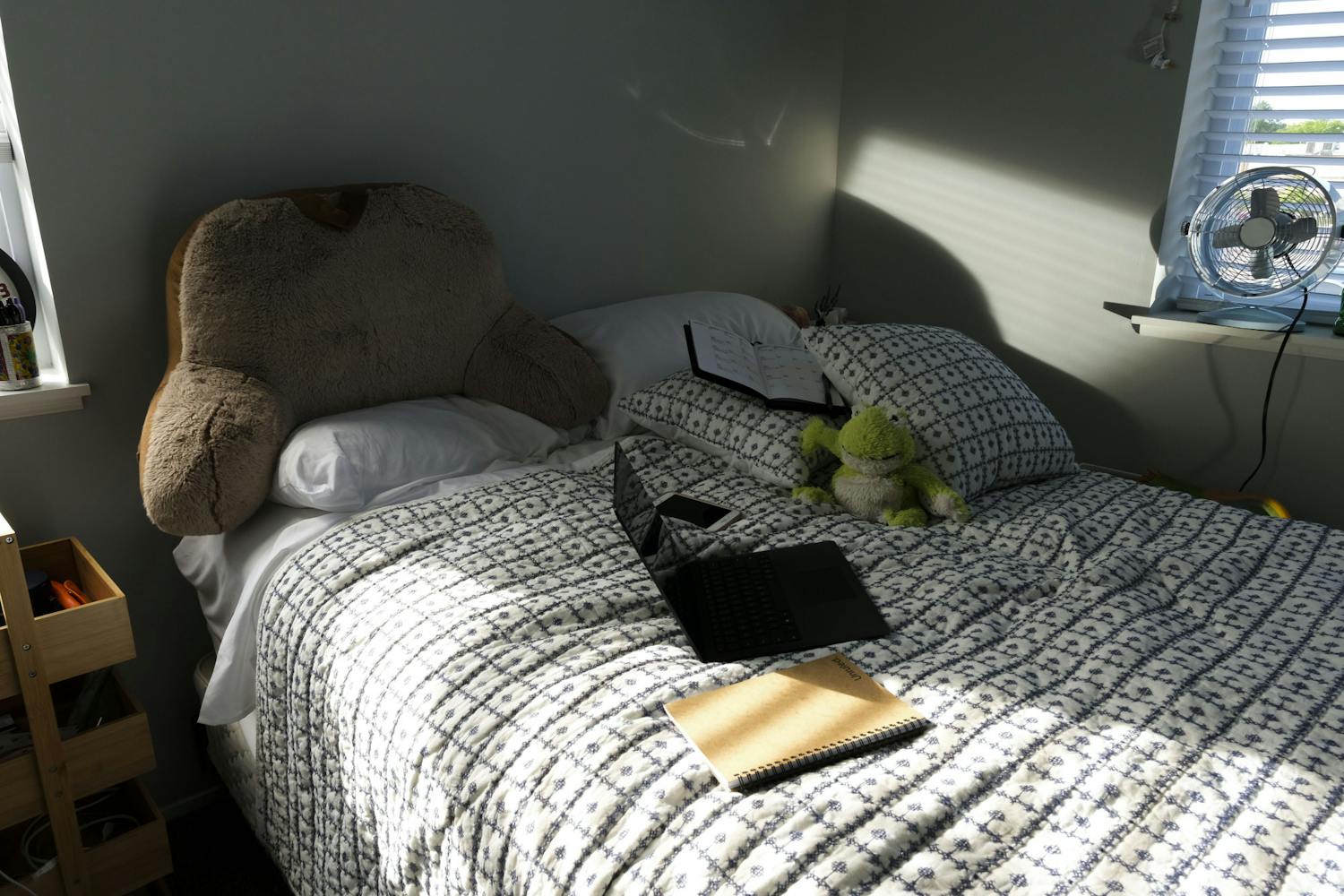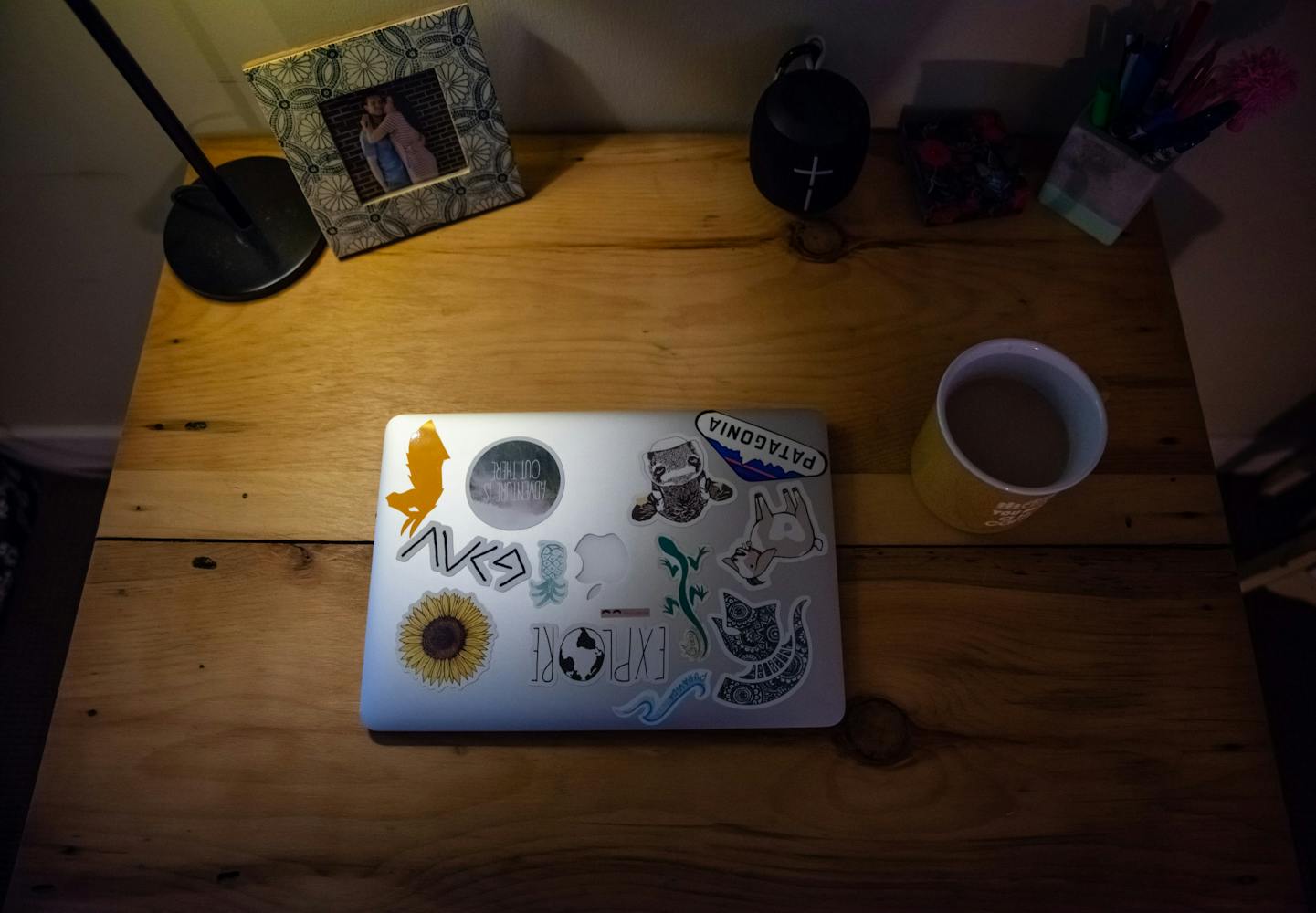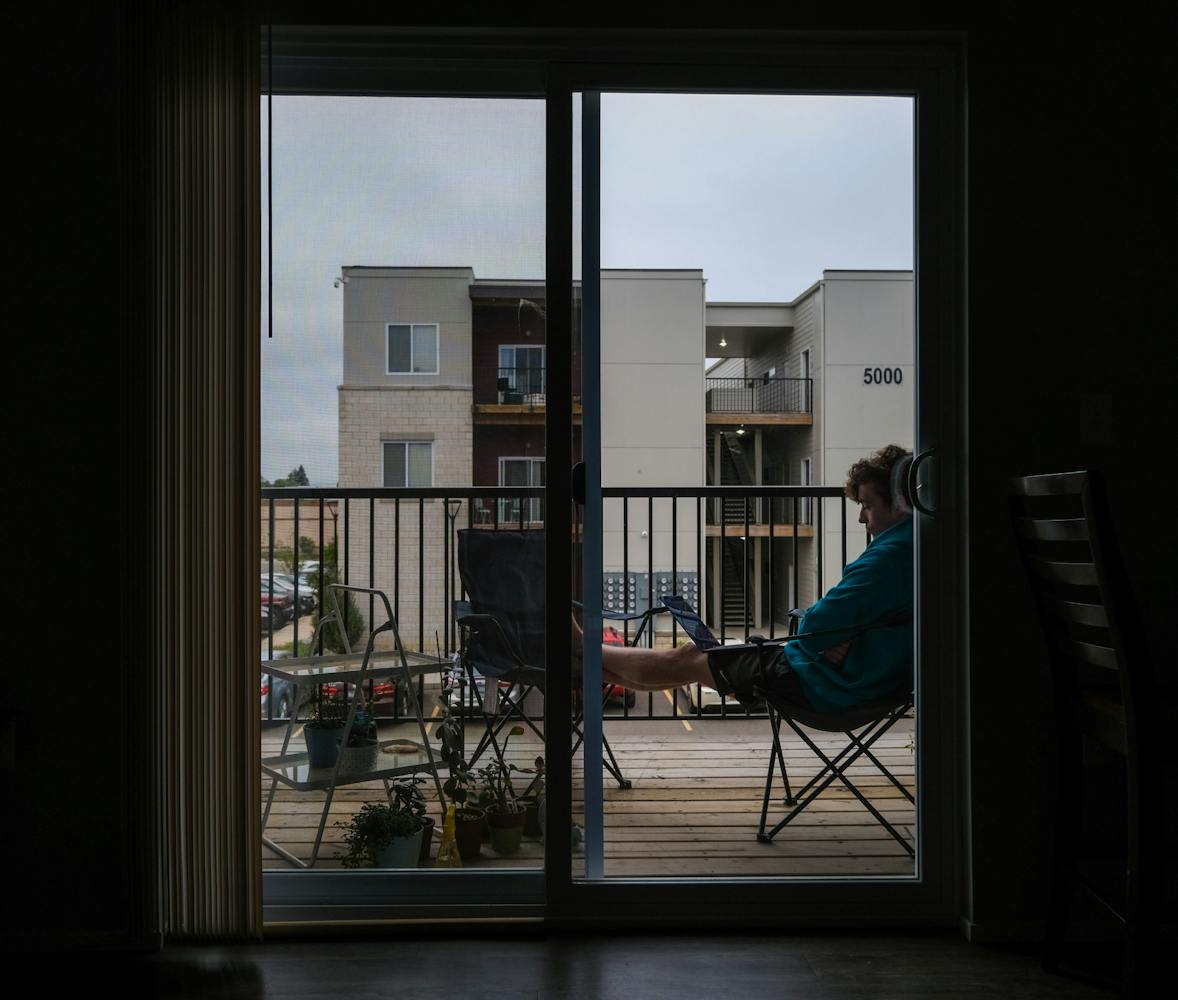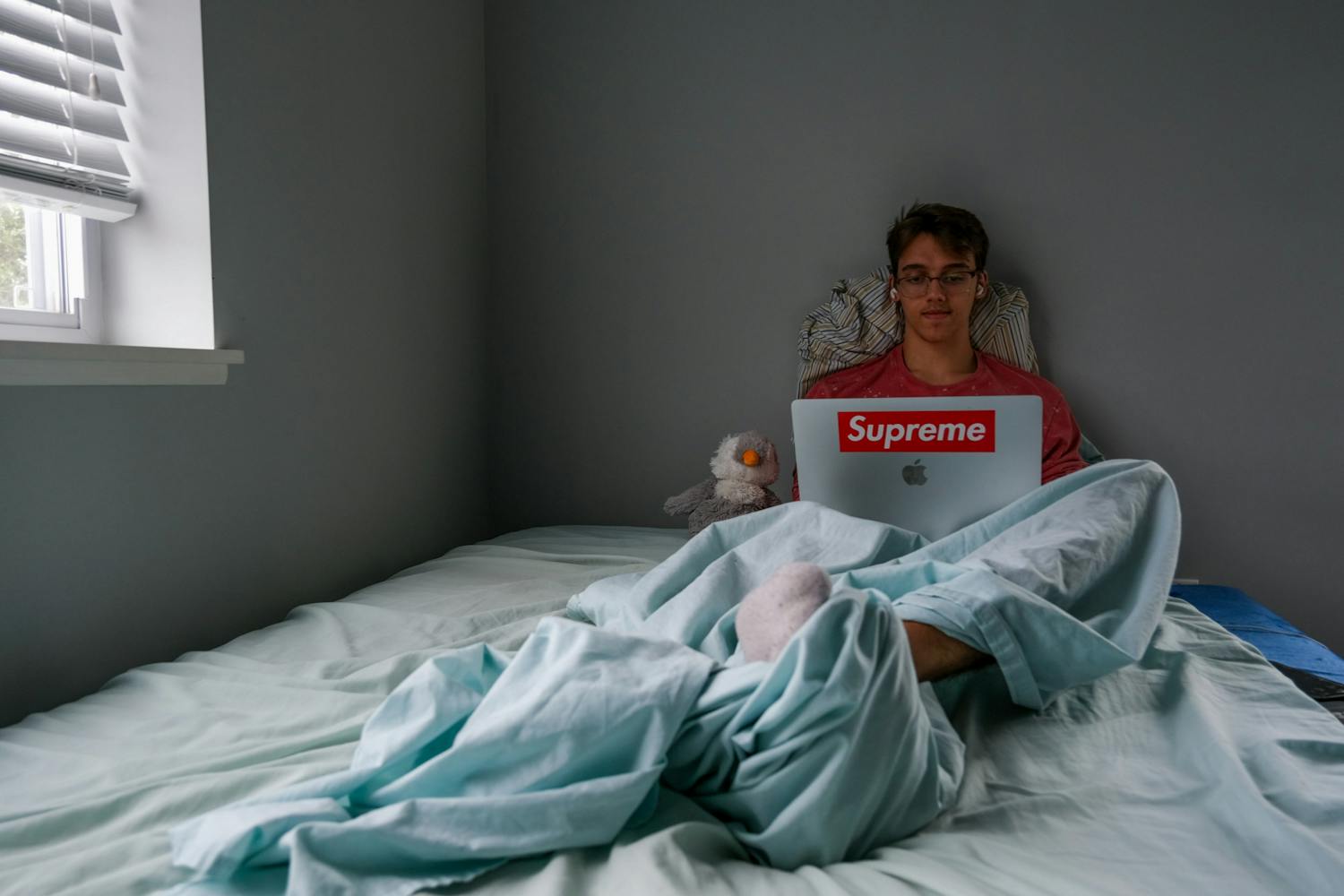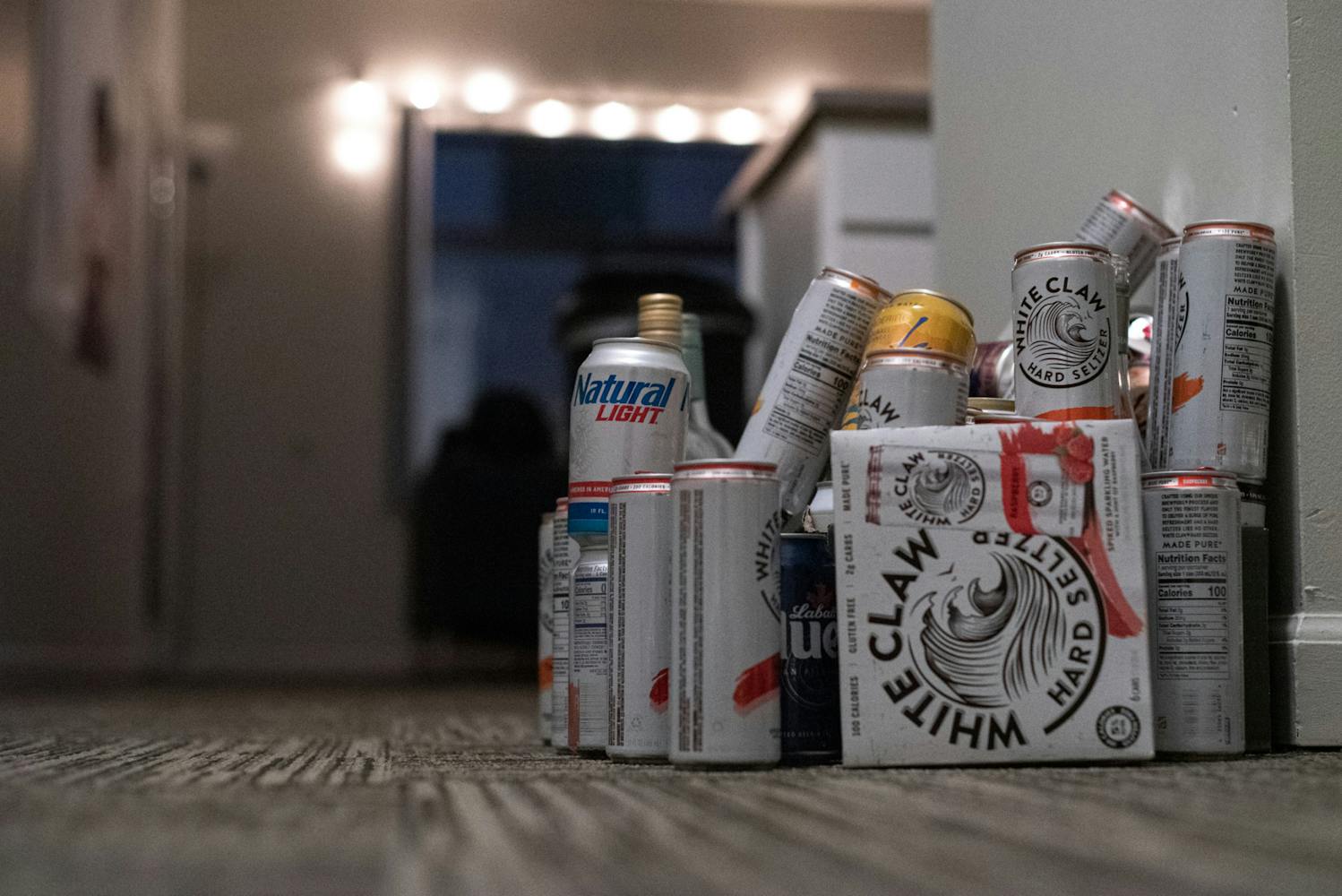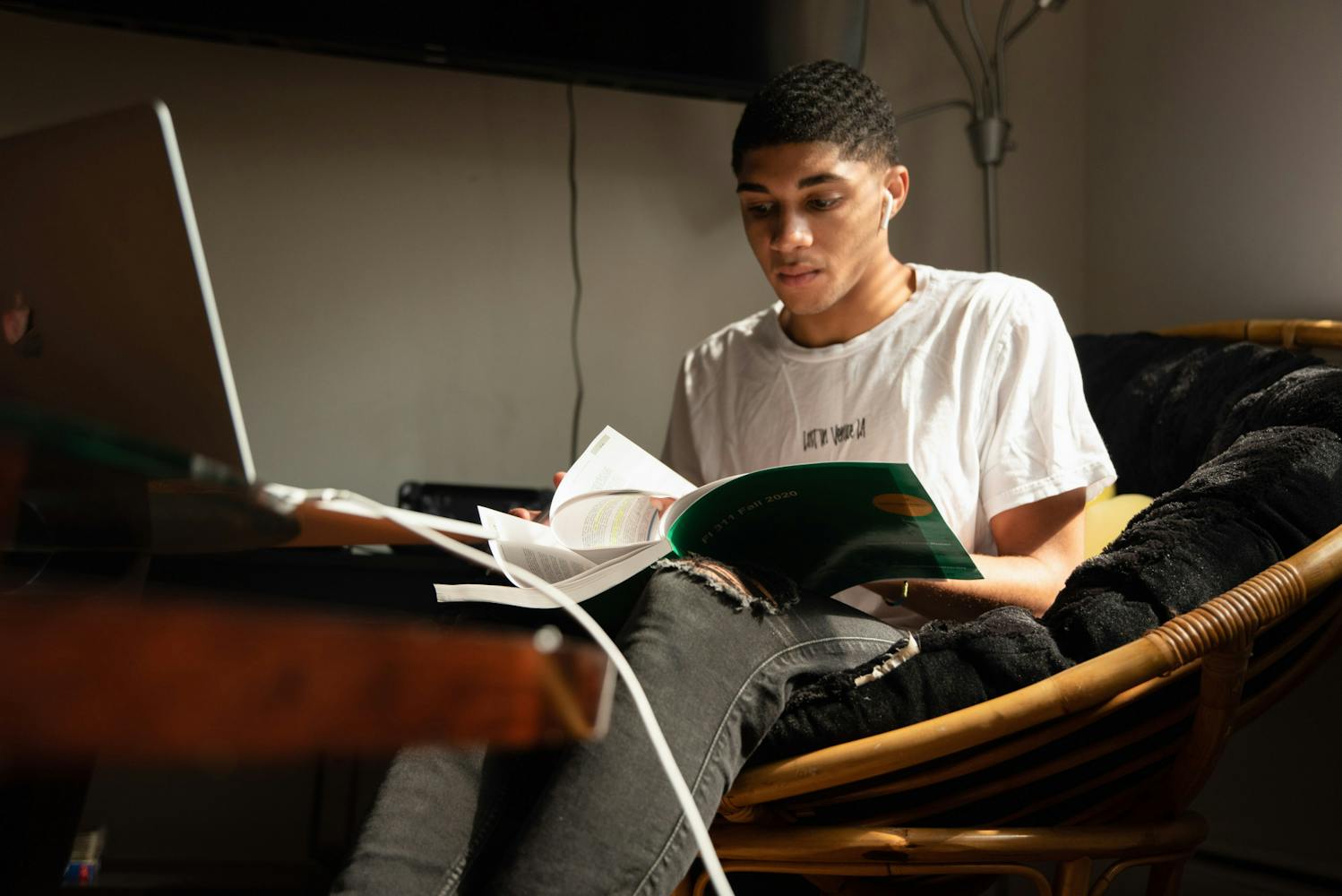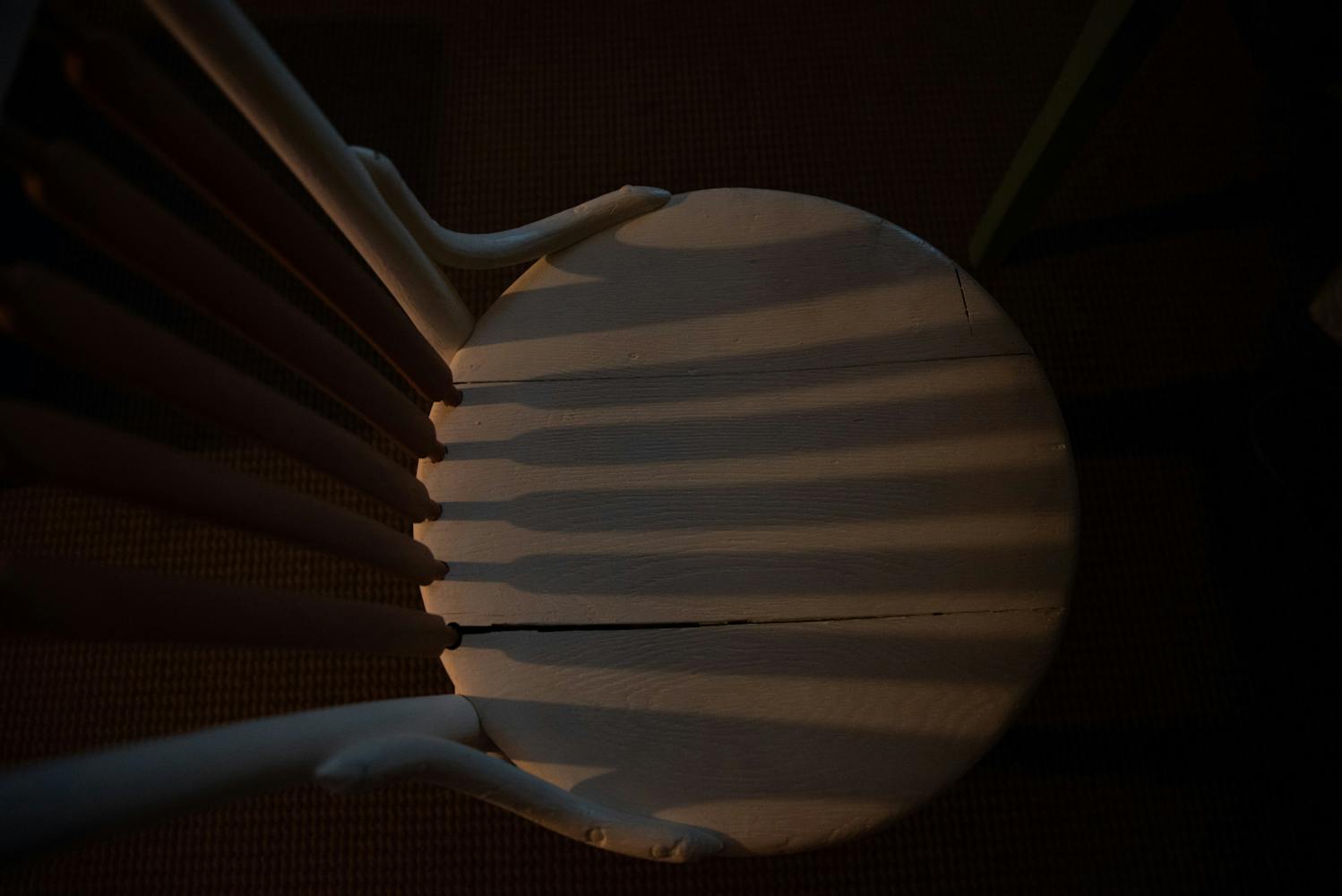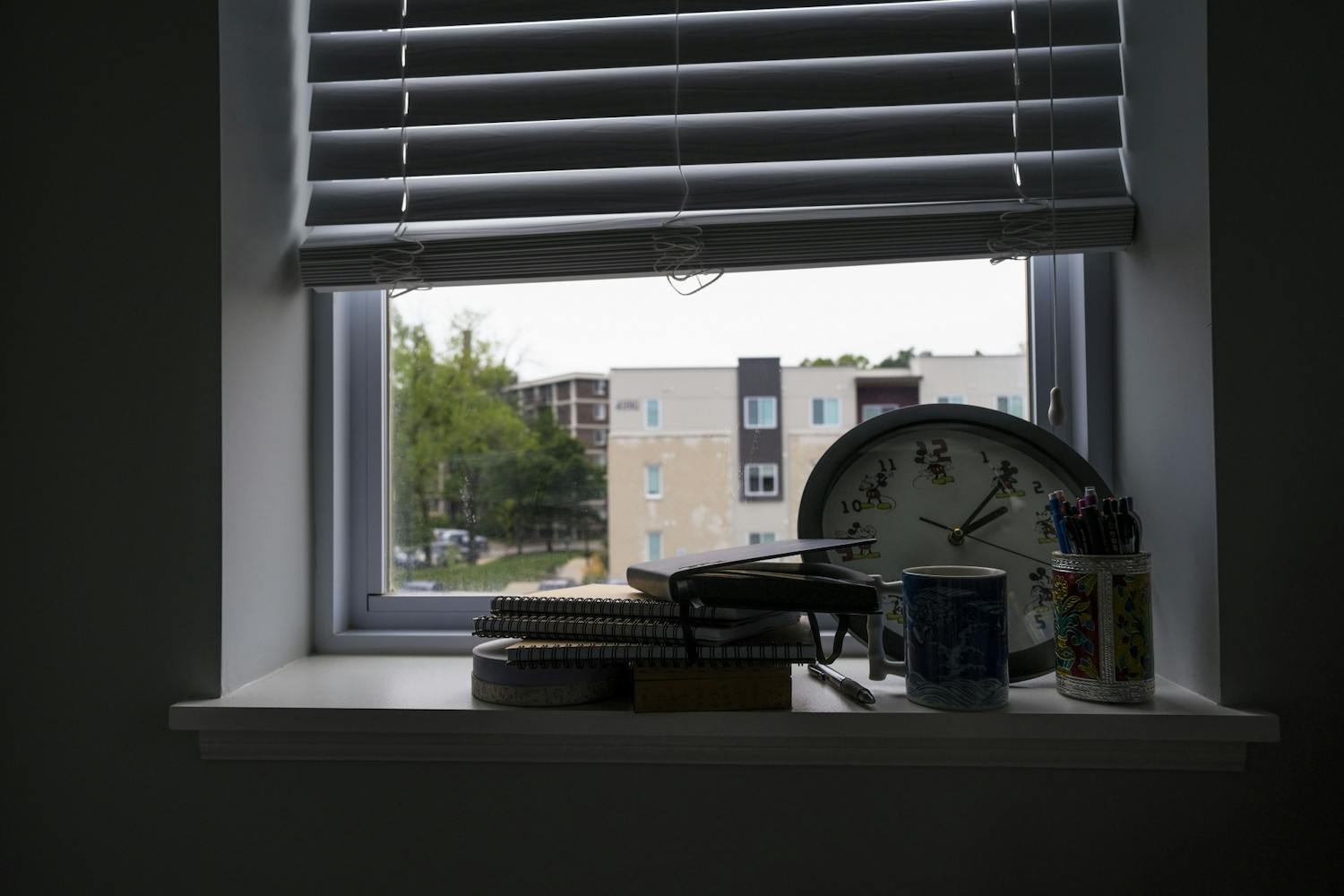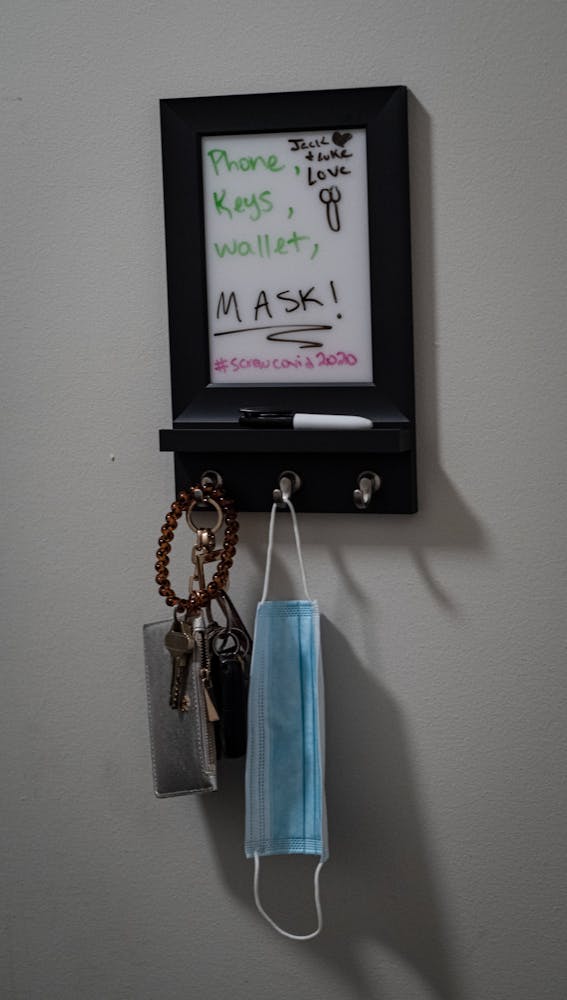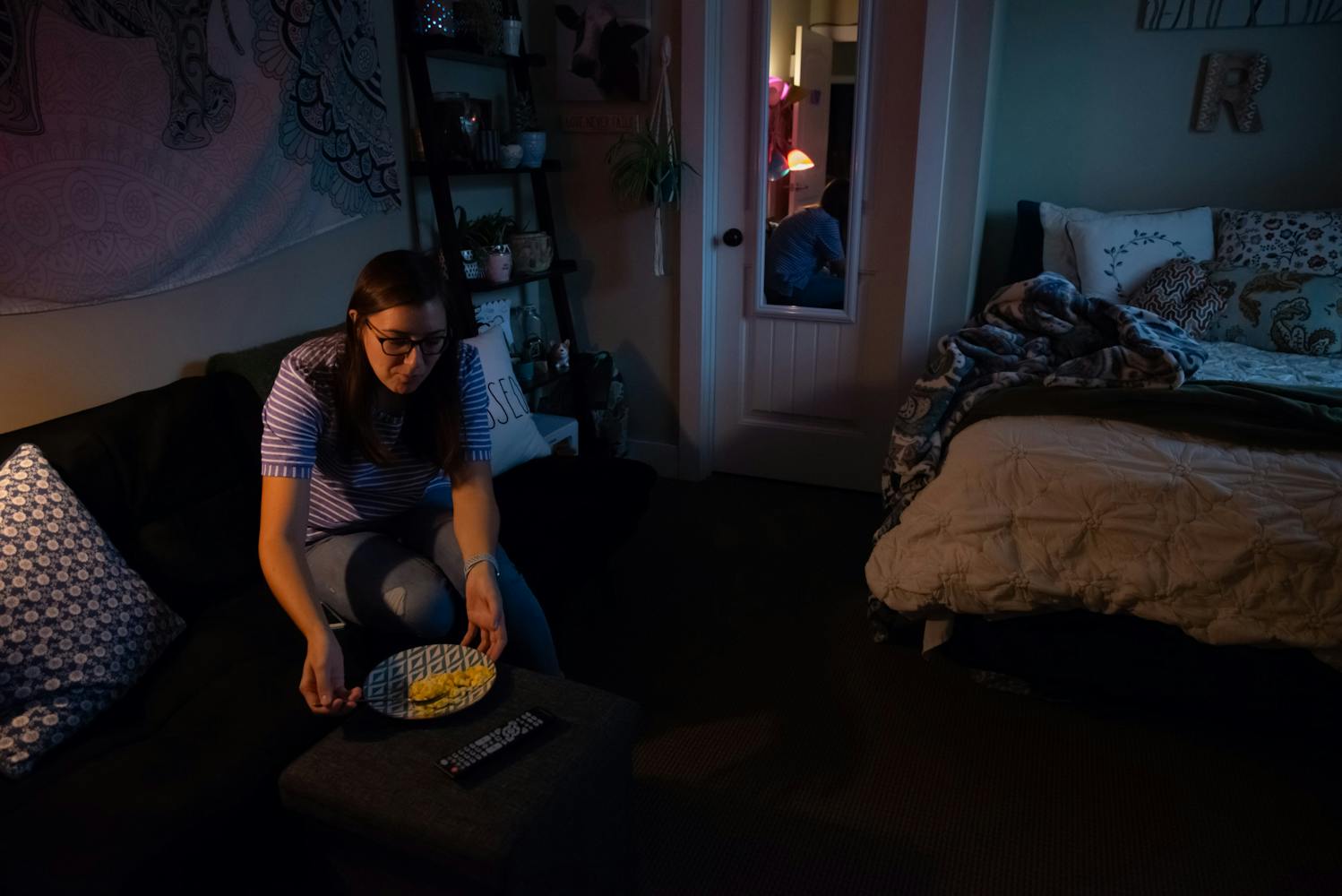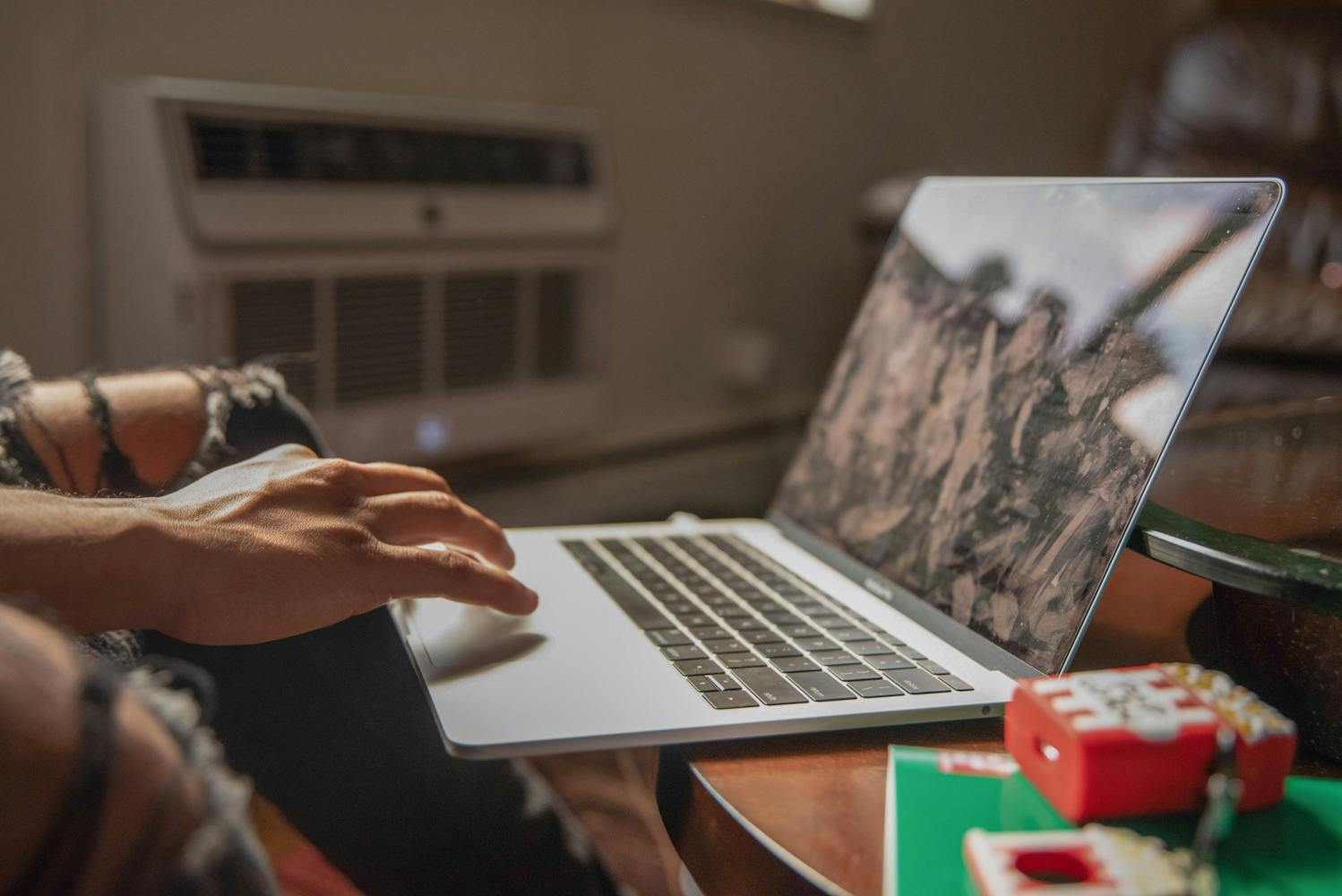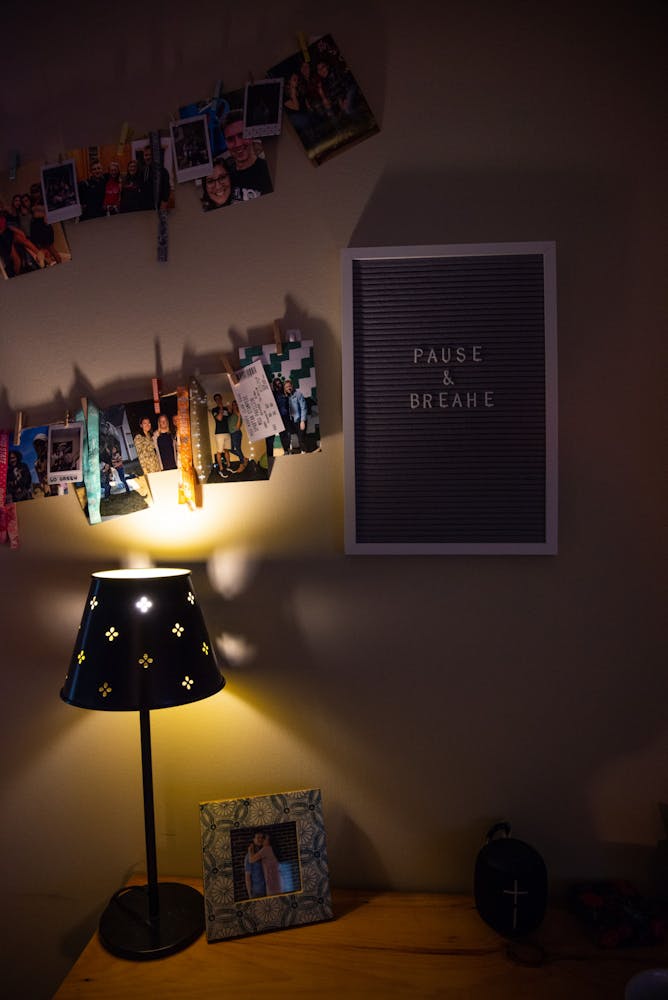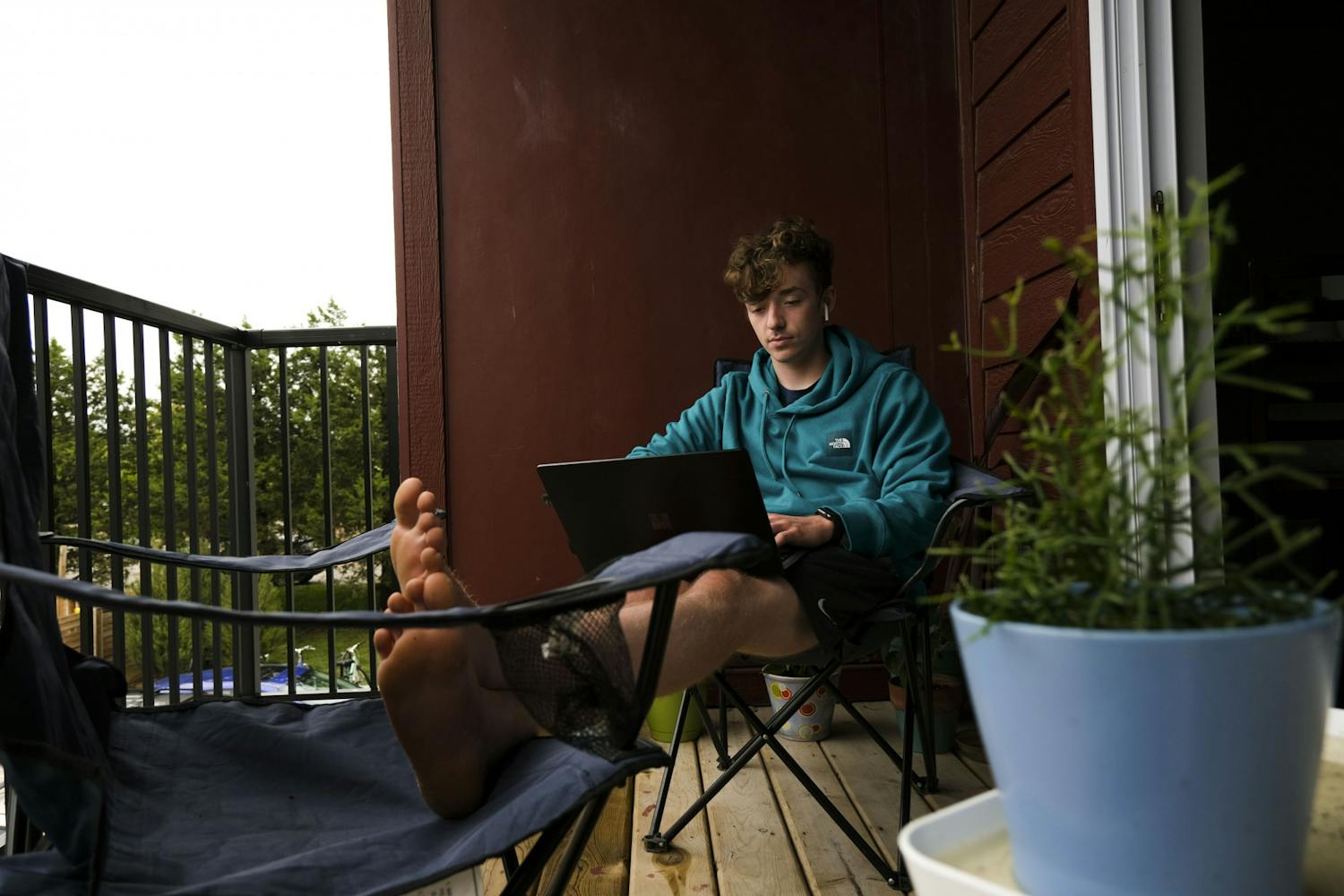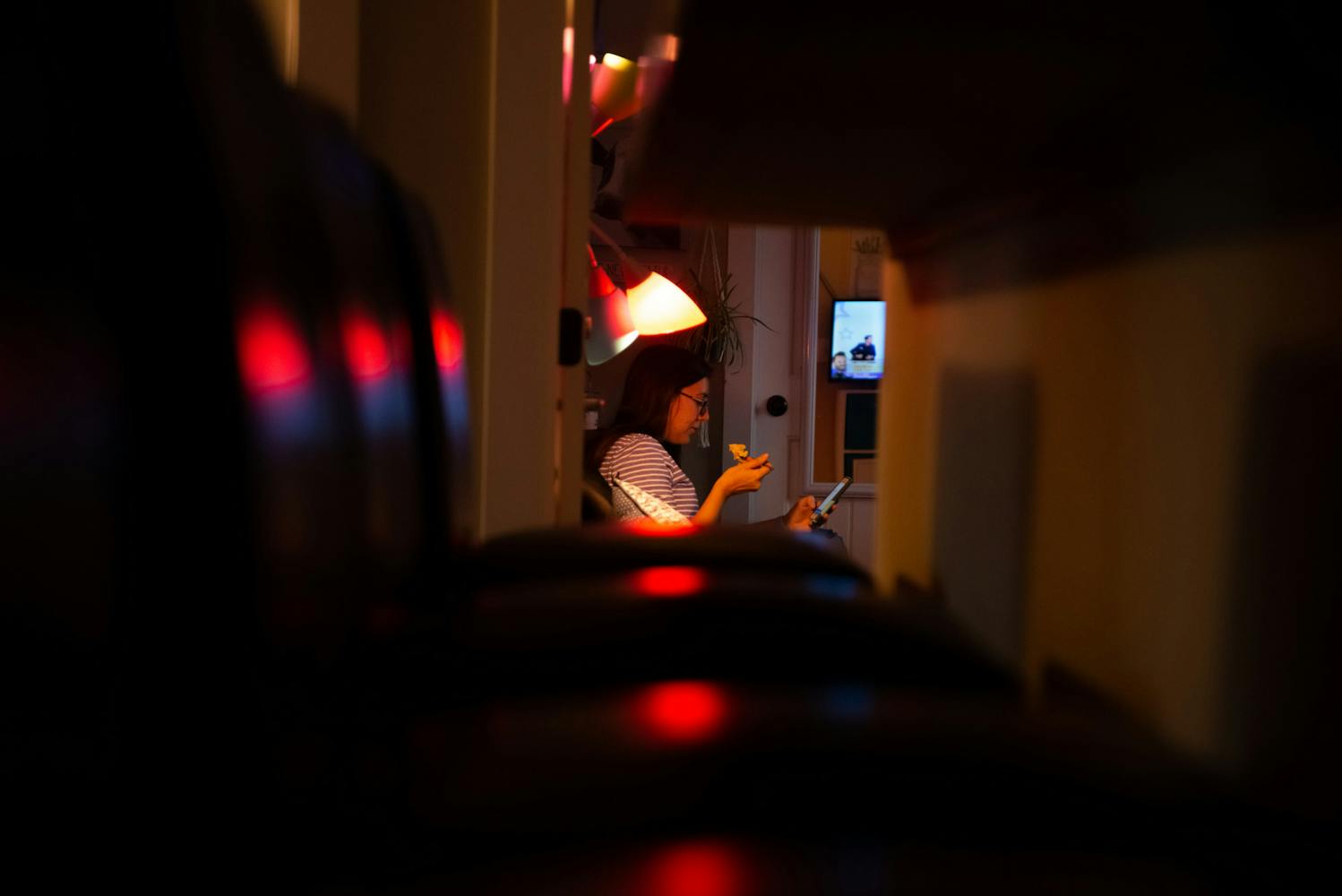Social relations and policy junior Shaurya Pandya, the James Madison College Representative for the Associated Students of Michigan State University, or ASMSU, is working to develop a series of legislation aimed to help students transition to in-person learning.
This series of legislation seeks to neither encourage nor discourage Michigan State students in pursuing in-person learning, rather aiming to provide a diversity of options for classes and campus accommodations for both those seeking a more traditional experience and those seeking a more distanced or COVID-safe environment.
“I thought if I could try to carry us away from conflict and more towards a resolution that could really work with virtually every student highlighting the usage of options and focusing on protections that many different students could benefit from,” Pandya said.
Pandya has spoken with students and finds that many feel their academic and campus-life needs are unrepresented by MSU with regards to COVID-19 precautions because of the conflicting nature of the topic.
He finds that this conflict, often divisive among students, has contributed to the absence of widespread agreement throughout the student body, and by extension, no firm stance for the student body or their representatives in ASMSU to demand of the university.
Additionally, he reports that students are frustrated by the perceived ongoing lack of clear and consistent communication on behalf of the university with regards to the status of in-person instruction.
“This is meant to bridge that gap between the debate, because too often it seems to me like the argument is its usually one or the other, when in fact students could benefit from a diversity of these options,” Pandya said.
While class-related measures such as extended drop dates and both in-person and online options are at the forefront of Pandya’s efforts, he also wants to put a heavy emphasis on campus-related measures to ensure people are allowed a safe environment to live in.
One such measure he has been working on is dining hall take-out options for those who want to utilize the university’s dining services without eating inside a busy hall full of potentially maskless people and enhancing resources for student organizations seeking to function remotely or have a remote option for their members.
“There is more, a lot more, to the campus experience, and honestly, COVID dangers outside of classes, which includes things like dining halls, it includes things like large events, it includes things like socialization,” Pandya said. “If we do not take the right precautions there and if we do not help as many students as we can there, we might be putting them in more danger.”
While no bills have been enacted yet, Pandya reports that he has had several conversations with members of the administration. He is optimistic that, with continued diligence, he can begin to cause noticeable policy change.
He stressed that more than anything, he seeks, through his work, to create a united response to the pandemic across MSU for all undergraduate students and that the bill is made to “Bind people together.”
Support student media!
Please consider donating to The State News and help fund the future of journalism.
Discussion
Share and discuss “ASMSU Representative seeks bipartisan solution to ongoing COVID-19 troubles” on social media.

